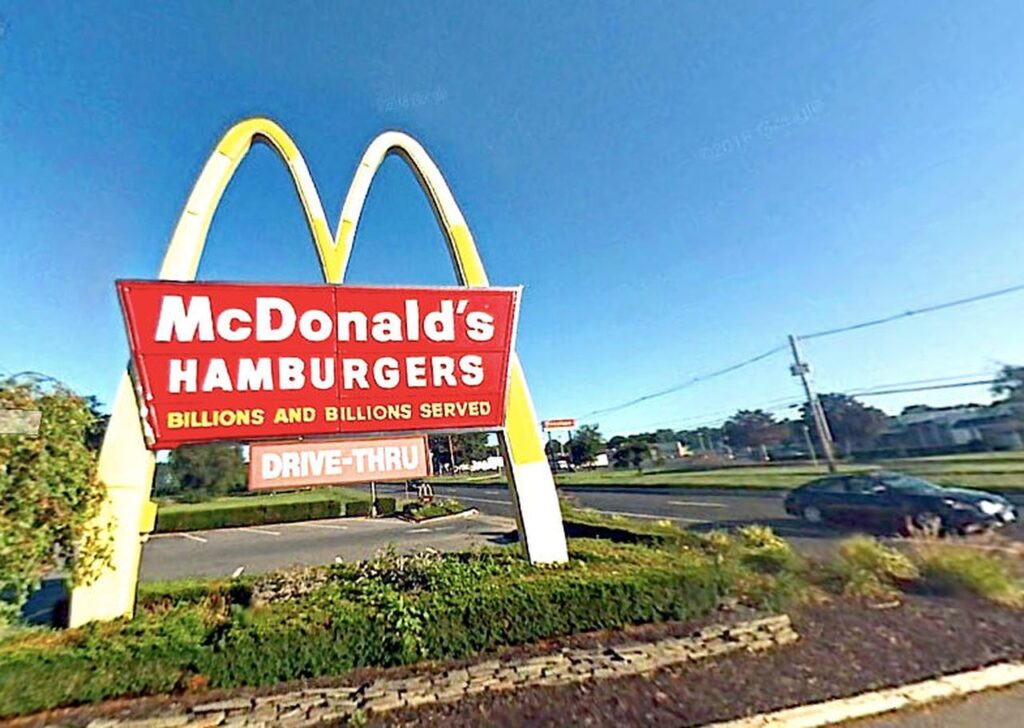
MyMcDonald’s Rewards, launched by the global fast-food giant, stands out as a prime example of an effective loyalty program that is reshaping customer engagement. This innovative approach has not only boosted McDonald‘s market position but also set new benchmarks for loyalty strategies across the quick service restaurant (QSR) industry.
The success of MyMcDonald’s Rewards lies in its carefully crafted features and data-driven implementation. This article delves into the key elements that make this program work, exploring its impact on McDonald’s business performance. The program leverages consumer insights, utilizes advanced data analytics, and applies consumer psychology principles to drive customer acquisition, increase spend, and boost retention.
By analyzing this case study, loyalty consultants, loyalty experts, and marketing strategists can gain valuable insights on winning loyalty program designs and executions.
Globally, McDonald’s boasts over 150 million active loyalty members across multiple regions, making it one of the biggest loyalty programs in the world [1]. While MyMcDonald’s Rewards has rolled out across over 60 countries, this blog primarily focuses on the U.S. based MyMcDonald’s Rewards program, but also touches on the impact it has had globally.
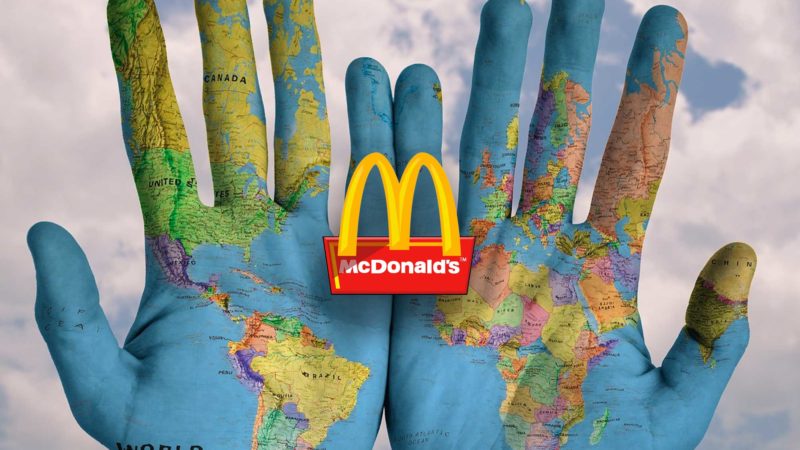
Impact on McDonald’s Business Performance
Growth in Sales
In 2023, system sales to loyalty members across McDonald’s 50 largest markets amounted to more than $20 billion for the full year, with $6 billion generated in the fourth quarter alone [2].
Globally, McDonald’s has seen a 30% increase in digital sales since the launch of its loyalty programs, with MyMcDonald’s Rewards playing a crucial role in this transformation [3]. In the U.S. alone, digital channels, including app orders, kiosks, and delivery, now account for 40% of total sales [4].
Increased Customer Loyalty
MyMcDonald’s Rewards has become one of the industry’s most populous loyalty programs, boasting 21 million total members in the U.S. alone, with 15 million considered active [5]. This rapid adoption has led to increased customer satisfaction and higher frequency among digital members compared to non-digital ones [5]. The program contributed to a significant 14.6% two-year same-store sales growth in the third quarter of 2022 contrasted to the period prior to the program launch, demonstrating its direct influence on McDonald’s financial performance [5].
Higher Average Order Value
MyMcDonald’s Rewards offers a return on spend of up to 7.4%, comparing favorably to competitors like Chick-Fil-A at 6.2% [6]. This attractive return, coupled with strategic reward options, encourages additional purchases that can offset the cost of rewards partially or completely, boosting the return on investment (ROI) significantly [6].
The program’s structure also incentivizes members to increase their order value to reach higher reward tiers [7].
Boosted Margins Through Upselling
Beyond just increasing the average order value, MyMcDonald’s Rewards has driven an increase in higher-margin items. MyMcDonald’s Rewards members are 25% more likely to add premium items like large fries or a specialty drink to their order, boosting average order value and profitability [8].
Valuable Customer Data Insights
The loyalty program serves as a crucial tool for gathering valuable information on member preferences and purchasing habits, enabling McDonald’s to create deeper and more meaningful relationships with its members [9].
MyMcDonald’s leverages member data to generate tailored offers and promotions based on individual preferences and purchase history [10]. This personalization enhances customer engagement by making each member feel recognized while increasing the relevance of the offers [7].
McDonald’s ambition is to transform from a brand that serves billions in a uniform way to serving billions with personalized and relevant products, rewards, offers, and experiences. This data-driven approach has enabled McDonald’s to personalize over 50% of its global promotions, resulting in a 12% increase in offer redemption rates [11].
Increased Customer Frequency
MyMcDonalds’s Rewards has significantly boosted customer frequency, with members visiting 2-3 times more frequently than non-members [12]. This is particularly evident in high-growth markets like the U.S. and Canada, where digital members are responsible for 40% of total transactions [13].
Reduced Customer Churn
The program has proven effective in reducing customer churn rates. According to internal reports, MyMcDonald’s Rewards has decreased churn by 10% among its active members, increasing customer retention and lifetime value [14].
Furthermore, since its global rollout, MyMcDonald’s Rewards has contributed to a 15% growth in customer retention across Europe and Asia-Pacific [15].
Enhanced Customer Experience and Satisfaction
MyMcDonald’s Rewards has contributed to a 10% increase in customer satisfaction scores, particularly driven by personalized offers and a seamless app experience [16].
In-app purchases allow members to skip queues, which has improved operational efficiency and customer satisfaction.
Mobile App Integration
MyMcDonald’s Rewards has been seamlessly integrated into the existing McDonald’s mobile app, making it accessible to over 20 million active app users in the U.S. [17]. This integration allows members to earn points with every purchase, whether ordering through the app, drive-thru, counter, or kiosk [17].
Globally, in key markets like Australia and Canada, McDonald’s app saw a 20% rise in active users following the launch of the loyalty program [18].
Furthermore, the app’s user-friendly interface makes it easy to navigate, access rewards, and earn and redeem points [7].
Operational Efficiency
The integration of MyMcDonald’s Rewards has also helped streamline operations. By pushing more customers to order through the app, McDonald’s has reduced pressure on in-store staff and sped up service times. Both the U.S. and Australia (the markets that have embraced digital ordering the most) have seen a 15% reduction in average service time at peak hours, leading to more customers being served and less waiting [19].

Understanding the MyMcDonald’s Rewards Program
Point System Explained
MyMcDonald’s Rewards offers members 100 points for every dollar spent on eligible purchases [20]. Members can also earn bonus points during campaign periods and for gamified activities such as simply downloading the app. Consequently, frequent visitors accumulate points quickly, leading to rapid access to rewards.
To earn points, members can scan or provide their four-digit code when ordering in-store, at drive-thru’s, or kiosks [6]. Points are also automatically added for orders through the app, making it particularly convenience for regular customers [6].
The redemption process is simple and straightforward; members select their desired item in the app, then they can add it directly to their mobile order. Alternatively, members provide their code at the kiosk or POS for use at the restaurant. Once, redeemed, points are deducted from their account [6] [21].
Points expire on the first day of the month after the sixth month from when they were earned, which promotes regular earn and burn activity, helping to drive continual engagement [21].
Reward Tiers and Options
MyMcDonalds Rewards members can progress multiple reward tiers, each offering a selection of free menu items. At the 1,500 points tier, members can choose items like a free cheeseburger or McChicken sandwich. The 3,000-point tier includes options such as a free large iced coffee or medium fries, while the 4,500-point tier offers more substantial rewards like a free Filet-O-Fish or large frappe [22].
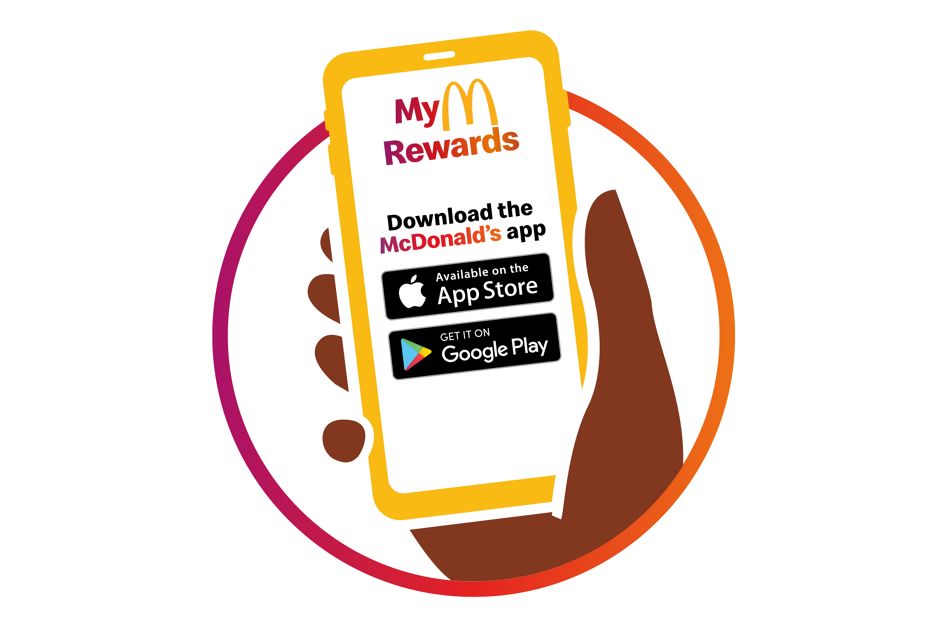
Digital Games and Engagement
In addition to its traditional loyalty offerings, McDonald’s has successfully integrated gamified experiences to further engage users and drive app usage. Seasonal promotions such as Monopoly, which allows customers to collect game pieces for a chance to win prizes, have been instrumental in increasing digital engagement. In 2022, the Monopoly promotion drove a 25% increase in app downloads during the campaign period, and users engaged with the game an average of 3.5 times per week [23]. This gaming aspect taps into the thrill of competition and the allure of winning, encouraging customers to make more frequent purchases and engage with the app.
Gamified activities like the Monopoly promotion, in-app challenges, and bonus point campaigns have significantly contributed to increased digital engagement, with the program seeing a 15% boost in overall app orders during gamified campaigns [24]. By making the process of earning rewards fun and interactive, McDonald’s ensures that customers return not only for the food but also for the engaging digital experiences that keep them connected to the brand.
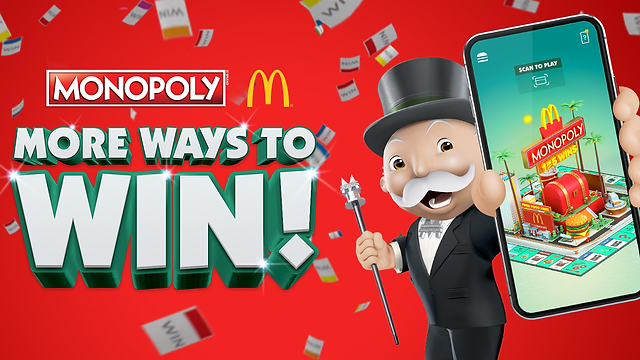
Conclusion
MyMcDonald’s Rewards has made a big splash in the QSR industry, showcasing how a well-crafted loyalty program can boost customer engagement and business performance.
The program’s success stems from its user-friendly mobile app integration, personalized offers, and seamless user experience. These features have led to increased customer loyalty, higher average order values, and valuable insights into customer behavior.
The program’s impact is clear, with 21 million total members in the U.S. alone and a significant contribution to McDonald’s same-store sales growth. Globally, the program is part of a broader effort to engage the over 150 million members worldwide.
The lessons from MyMcDonald’s Rewards are applicable across various industries, highlighting the importance of data-driven strategies and personalized experiences in building customer relationships. As businesses strive to enhance their loyalty programs, it’s crucial to focus on creating value for members while gathering actionable insights.
To find out how to optimize your loyalty program, reach out to Loyalty & Reward Co. The success of MyMcDonald’s Rewards serves as a reminder that a well-executed loyalty strategy can be a game-changer in today’s competitive market.
Do Loyalty Programs Work? Explore other examples of winning loyalty programs here.
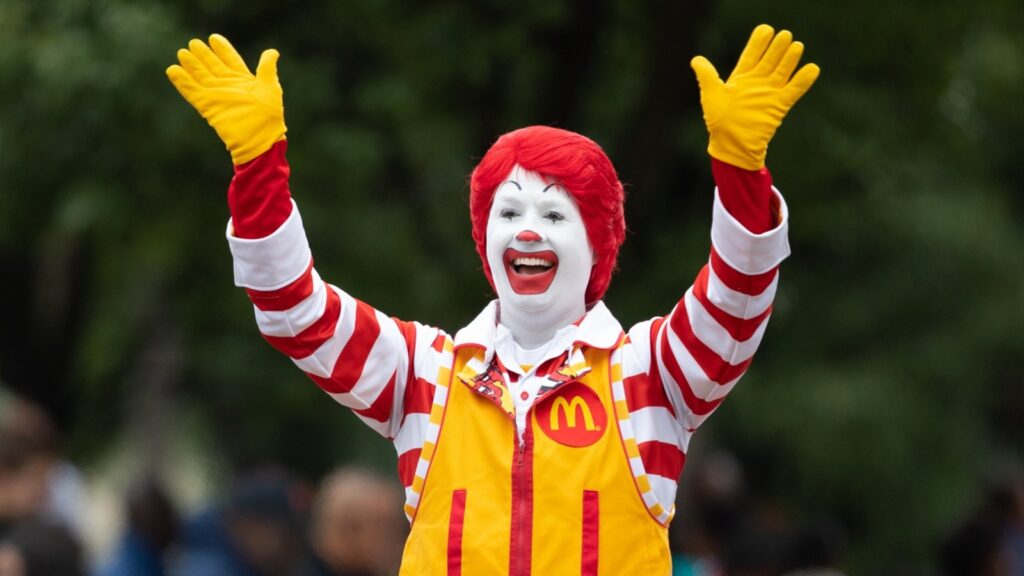
References
[4] https://www.mcdonalds.com/us/en-us/about-our-food/our-food-your-questions.html
[6] https://www.loyaltylevers.com/examples/review-of-mymcdonalds-rewards-program
[8] https://www.qsrmagazine.com/exclusives/inside-mcdonalds-major-digital-transformation
[9] https://www.emarketer.com/content/q-a-mcdonald-s-on-role-of-data-increasing-customer-loyalty
[11] https://www.mcdonalds.com/us/en-us/about-our-food/our-food-your-questions/technology.html
[12] https://www.businessinsider.com/mcdonalds-loyalty-program-boosting-sales-2022-7
[13] https://corporate.mcdonalds.com/corpmcd/our-company/who-we-are/markets.html
[14] Internal McDonald’s report (not publicly available)
[15] https://corporate.mcdonalds.com/corpmcd/our-stories/article/ourstories.loyalty-program.html
[16] https://www.qsrmagazine.com/exclusives/how-mcdonalds-built-one-worlds-biggest-loyalty-programs
[18] https://www.mcdonalds.com/au/en-au/mymacca-s-rewards.html
[19] https://www.qsrmagazine.com/exclusives/mcdonalds-digital-strategy-takes-shape
[20] https://www.mcdonalds.com/us/en-us/mymcdonalds.html
[21] https://www.talon.one/blog/mcdonalds-enters-loyalty-space-rewards
[22] https://www.mcdonalds.com/us/en-us/mymcdonalds/rewards.html
[23] https://corporate.mcdonalds.com/corpmcd/our-stories/article/monopoly.html

